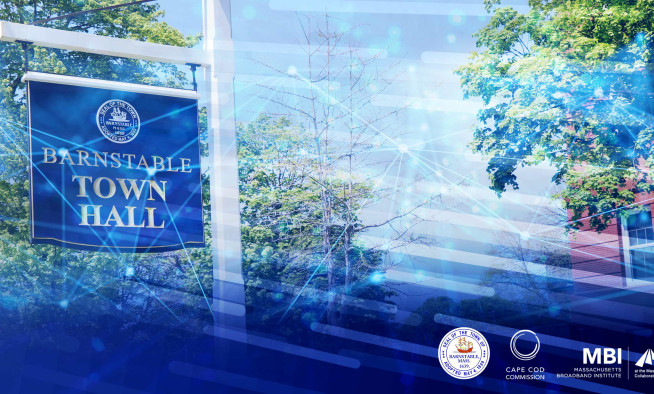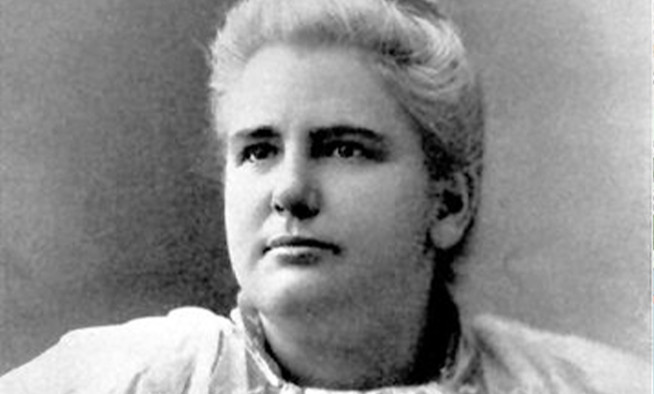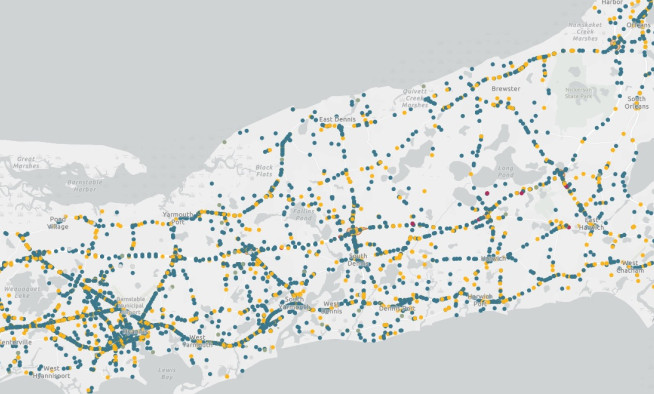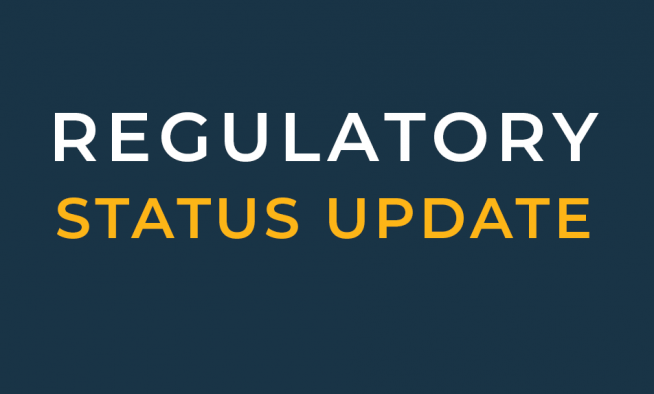Advancing digital equity on Cape Cod
A diverse group of public and private digital inclusion practitioners convened for meaningful discussions toward enhancing digital equity across Cape Cod.
The Cape Cod Commission and Massachusetts Broadband Institute brought these stakeholders together at Cape Cod Regional Technical High School on May 16 for an afternoon workshop to discuss challenges and brainstorm solutions to bridging the region's digital divide.
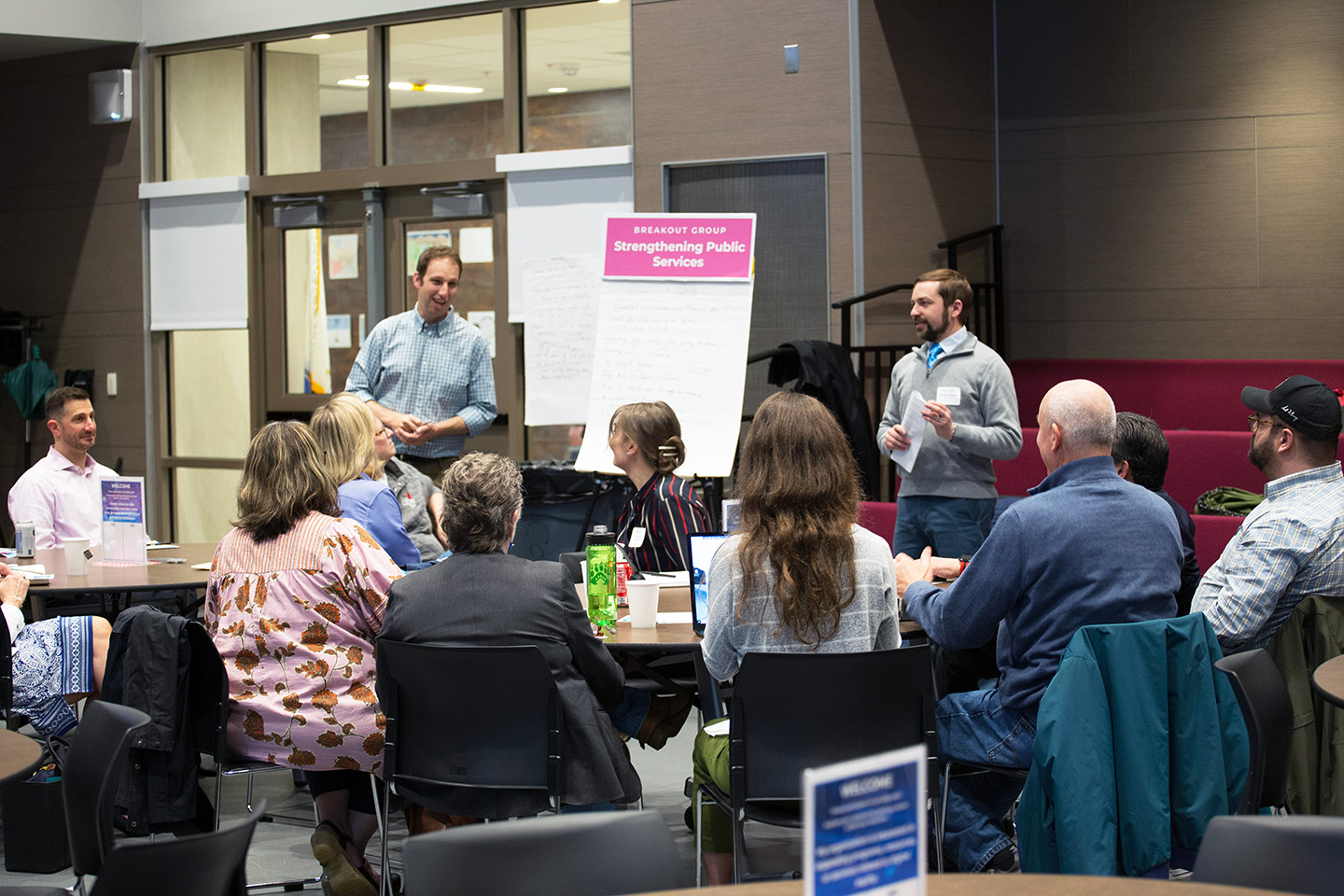
Access is at the heart of digital equity—affordable, fast, reliable internet connection and adequate, accessible devices. Achieving digital equity also includes the ability to use technology effectively while being mindful of concerns like functionality, trust, and privacy.
Cape Cod's unique characteristics present distinct challenges in achieving digital equity, driving the need for tailored solutions. Throughout the day, participants highlighted the importance of leveraging existing resources and fostering connections and collaborations among libraries, councils on aging, and other community organizations that serve as critical hubs for providing shared strategies, resources, and programming to address the region's digital equity concerns.
Funding constraints, capacity limitations, and the need for enhanced peer learning platforms emerge as barriers to achieving comprehensive digital equity. The workshop served as a platform to confront these challenges head-on and lay the groundwork for future action. Breakout groups allowed participants to explore specific challenges and brainstorm actionable strategies for future collaboration.
Throughout the session, practitioners exchanged insights, shared success stories, and explored innovative initiatives to advance digital inclusion on Cape Cod. Three speakers highlighted local digital equity programs, showcasing the community's ability to help bridge the digital divide: the Osterville Village Library's Zoom Room, a private space for library patrons to use for medical appointments, job interviews, or any conversation they need to conduct in a private space; a program at Cape Cod Regional Technical High School in which technology students provide tech support to seniors at the Harwich Council on Aging; and a grant-funded technology teaching program at the Orleans Council on Aging that provides technology education in a comfortable small group setting.
The Massachusetts Broadband Institute has $14 million in funding available for digital equity implementation. By providing a platform to combine the collective expertise and resources of Cape Cod's leaders, we can begin to build a realistic framework to create a digitally equitable community and help connect towns with the funding and programmatic support necessary to achieve this vision.
Related Posts
